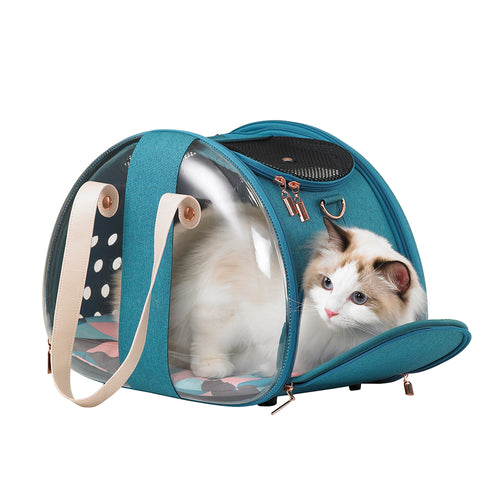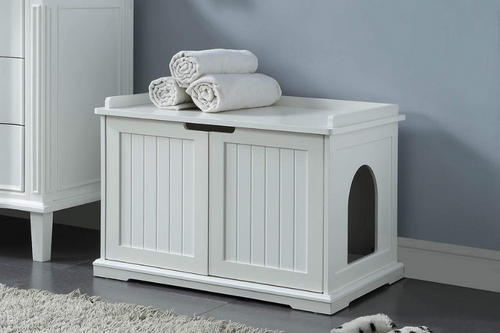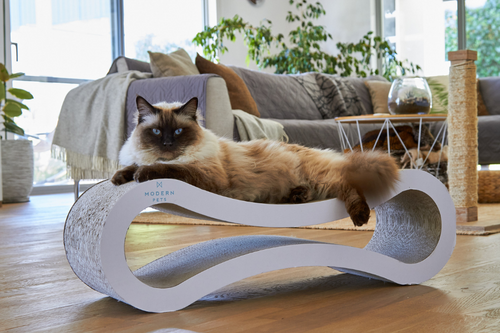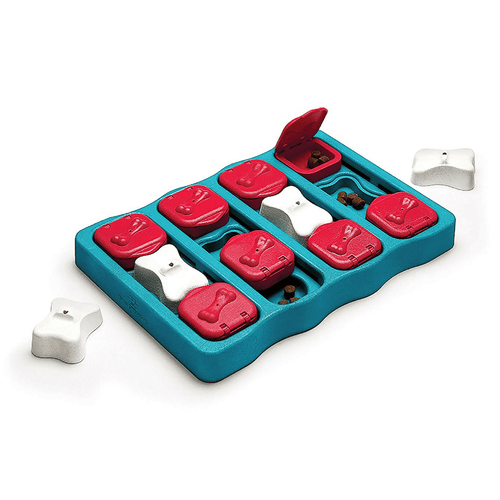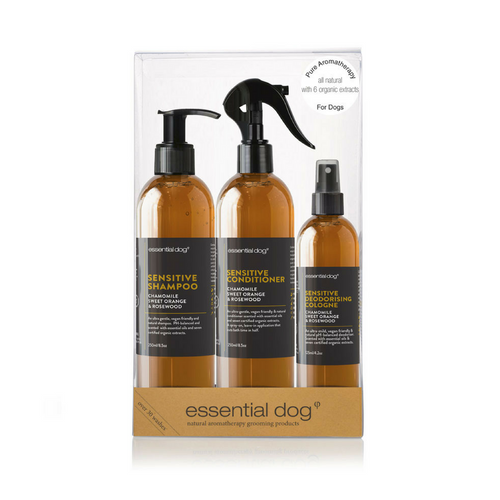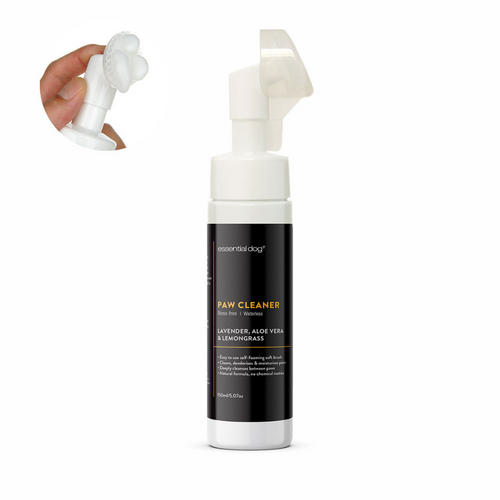The Perfect Approach to Litter Boxes
Owning a cat can be a joyous experience most of the time. They're fun to be with, they're exciting, and sometimes they're adorably affectionate. The only thing (aside from the bites and scratches) that's probably not amazing when keeping feline friends is the litter.
However, like all pets, it's something that you'll have to deal with if you commit to living with a cat. Taking care of cats essentially feels like taking care of a child. You have to be open-minded, you have to be patient and understanding, and you have to be creative!
This article will discuss several great approaches in trying to deal with messy litter boxes. These approaches are great for both beginner and experienced cat owners alike. As experienced as you think you are, there are always new things to be learned, and you just might find that here.
Why are Litter Boxes Important?
If you think that training cats to use a litter box is just like training a dog to potty outside, that's not actually true. In the wild, cats try to find something similar to the sand or litter you see replicated in the litter boxes.
Cats have an instinct to paw through sand-like substances in private areas when eliminating waste. This is something that some beginner cat owners don't realize. Even though they've already been domesticated for ages, cats still retain some parts of their instincts from the wild, and you have to respect that and adjust to it.
Aside from that - if your cats are well trained, litter boxes ensure that your cats' wastes are kept in one location that you can clean easily. Of course, they won't be cleaning it by themselves, so you'll have to set cleaning schedules.
In short, litter boxes are essential because they're less messy, and they provide a comfortable potty area for cats if placed in the right location.
Where Do I Put my Litter Box?
As discussed, litter boxes need to be placed in locations that your cats will be comfortable in. Usually, these are bright, quiet, and warm places with relatively open areas.
The Bathroom: It makes sense to put the litter box in the place where humans do their deed too. You can centralize the area so you won't have to clean an additional area, especially since even though litter boxes are meant to keep the mess in, litter trails are bound to happen.
The Laundry Room: Not everyone in their house has a laundry room, but the laundry area, in general, is bound to be bright, quiet, and warm. As a bonus, this area doesn't have many people going through it all the time, so it grants your cats the privacy they need.
The Living Room: Although there are many people in the living room, it's still an excellent spot for litter boxes because it's bright, quiet, and warm. Also, since the space is perfect, cats won't feel too closed in, and they'll be comfortable.
One downside to this, though, is that your guests will be greeted by kitty litter if you aren't continually scooping them up and cleaning them. What's worse, if it isn't kept clean at all times, the odour might be an issue in the living room.
The Bedroom: This is one area where personal preference emerges. Some people might be okay with their cats sharing the most private space in the house with them, but some might not want it.
If you're okay with it personally, though, the bedroom is a good idea because it's comfortable and guests won't be going in and out of this area, so you won't have to worry about their privacy or them possibly making a mess.
Where Do I NOT Put my Litter Box?
Since we've already talked about where you should put litter boxes, we have to also talk about where we should NOT put litter boxes. There are areas that you should try to avoid placing your litter boxes in at all costs.
Generally, we should avoid the opposite of what cats like. You don't want them to be in dark, noisy, crowded, and cold places. Chances are, if you put your litter boxes there, you won't be able to litter train them properly - or worse, they won't use your litter box at all.
Busy Areas: Cats are weird creatures. One moment they're social and adorably affectionate, the next they want to be left alone - but one thing's for sure. When cats go potty, they want to have privacy.
You won't be able to achieve this in busy areas because many people will pass by, creating noise and traffic that discourages the cat from eliminating waste.
Dark Corners: Cats can see perfectly fine in the dark, but who wants to do their deed in the dark? Even though it's not as much as humans, cats still exert extra effort to see in the dark, and they most likely won't feel as safe if you compare it to a well-lit and warm place.
Near Electronics: The first problem with placing litter boxes near appliances is that they emit noise and heat. Although we did say that they'd prefer warm places, they probably won't appreciate the heat from a refrigerator and the noise it makes.
Another problem that comes with placing them near appliances is that they might ruin the appliances or the wires. Although it's highly unlikely, we'd like to take all the chances we can to prevent our cats from getting electrocuted because they accidentally peed in a socket.
Placing Litter Boxes Together: Cats are domesticated creatures, but if there's one thing they've retained if you compare them to their wild friends, it's that they're still territorial.
Even if you provide them with large litter boxes in a well-lit, warm, and noise-free area, there might be issues over privacy and powerplay among your cats.
Far Away: If your house is large enough that you can keep cat litter trays far away from each other, it's excellent. However, if you keep your litter boxes in places far away from the areas where the cats are usually in, they might not want to go there just to potty.
Not only is it hard for the cats to access, but you will also have a hard time cleaning them constantly if they're put in a place where you have to go there solely for that reason. Plus, you won't constantly check up on it if there are any litter clumps that you need to take care of.





